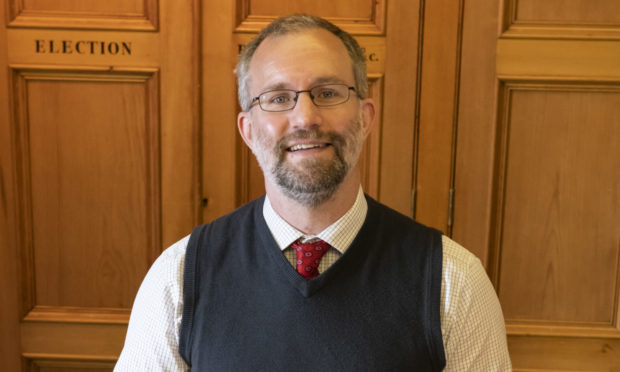Researchers have been awarded half a million pounds to enhance their understanding of renaissance cities.
And the teams from Scotland and Germany have already made a link to Aberdeen being the birthplace of Scotch whisky.
Aberdeen and Augsburg will have their digital medieval records examined in the new joint research funding as the earliest recorded reference of a still production of whisky after it was uncovered by groups researching the Granite City’s history.
Aberdeen University has painstakingly transcribed handwritten entries to make them available to the world, in collaboration with the city archives.
The registers hold such historical significance that they have been recognised by UNESCO and are the most complete collection for any Scottish town.
Now, a new funding award from the Arts and Humanities Research Council and the German Research Foundation will lead to Aberdeen University and Johannes Gutenberg University Mainz sharing over £500,000 to establish a broader European context for both the burgh records and Augsburg’s master builder’s ledgers.
Jackson Armstrong will lead the project for Aberdeen university.
He said: “By comparing and contrasting the important historical records we have for both Aberdeen and Augsburg, we will be able to build a clearer picture about what is unique and distinct in the development of these cities, and what might be part of wider European patterns.
“Our earlier work has revealed much about Aberdeen’s position within Scotland, so the natural next step is to broaden this out to a European context.
“The Aberdeen registers offer a unique glimpse into this issue hundreds of years later. They are an unrivalled resource for the study of Scotland’s civic past and we are delighted their significance on a European stage has been recognised with this funding.”
Phil Astley, Aberdeen City Council archivist, said: “This next step for advancing the understanding of the burgh records in their European context is really exciting.
“It is a powerful opportunity to build new comparisons and keep Aberdeen’s archives at the frontier of digital humanities research.”
The project is one of only 19 of more than 170 applications selected to receive funding.










